
For the Republican Party, Tuesday’s Senate triumph had roots in regret.
Last November, the GOP found itself perched on a political precipice. Its poll numbers had cratered, its demographic future was murky and the government shutdown had proven disastrous. Looming on the horizon was a year of bitter primary squabbles, which strategists feared would produce shoddy candidates capable of hobbling its quest to reclaim the Senate.
Twelve months later, Republicans notched sweeping victories, paced by a banner class of recruits and propelled by the money and muscle of an Establishment wing that finally snatched back the reins of the party. The GOP could not have defeated the Democrats without first dispatching its insurgents. And so the story of its decisive victory on Tuesday begins not in the corridors of the Capitol or on the stump in a swing state, but rather deep in Republican territory, with a sleepy special election in southwest Alabama.
In the wake of the shutdown debacle last fall, a mainstream Republican named Bradley Byrne was struggling to beat back Tea Partyer Dean Young for a seat opened by a congressional retirement. Young was the sort of insurgent the Establishment had grown to loathe. Incendiary and unpolished, he called Ted Cruz a model legislator and vowed to go to Washington to “shut it down again.” Party elders saw the race as their first chance to reshape the party in the wake of the shutdown. The U.S. Chamber of Commerce, whose policy had long been to stay neutral in primaries, led a brigade of business lobbies into the district. The strike was a sneak attack. Eschewing TV ads, the Chamber quietly shelled out some $200,000 on the race, dropping direct mail around the district. Byrne won in a nail-biter.
It was the first time that the party’s establishment wing had directly confronted the Tea Party movement, and it set the tone for the battles to come. Senate Republican leader Mitch McConnell visited a Chamber board meeting the day after the race, and declared the sleepy special election the most important contest in the country, on a night that also saw Chris Christie win a decisive victory in the New Jersey governor’s race. It was a token of gratitude toward the Chamber, which would playing a leading role in the Establishment revolt, spending about $70 million on 2014 races and winning 14 of the 15 primaries it entered. “We don’t have anything against the Tea Party,” says Scott Reed, the Chamber’s chief political strategist. “But when a handful of bad actors hijacked the movement, that’s when we decided to step in.”
The goal, party strategists say, was to avoid the kind of disastrous candidates—the Todd Akins, the Sharron Angles, the Christine O’Donnells—whose extreme positions and outré remarks hampered the GOP up and down the ballot in past Senate stumbles. The plot to crush the Tea Party proved a smash success. For the first time since 2008, not a single incumbent Republican senator lost in a primary.
After Alabama, the emboldened Establishment moved quickly. Party committees blacklisted a Republican ad firm called Jamestown Associates, causing it to lose a series of lucrative contracts. Jamestown’s sin? Working with a group called the Senate Conservatives Fund, which was part of a passel of Tea Party groups who infuriated party bigwigs by egging on the shutdown. McConnell spread word that the leaders of these groups, whose organizing principle was fiscal discipline, were taking bloated salaries. The Senate Conservatives Fund, McConnell aide Josh Holmes, told the New York Times, “has been wandering around the country destroying the Republican Party like a drunk who tears up every bar they walk into. The difference this cycle is that they strolled into Mitch McConnell’s bar, and he doesn’t throw you out, he locks the door.”
In a series of key contests, the Establishment’s money and muscle helped lift struggling candidates out of crowded primary fields. In May, a coalition of center-right business groups boosted Thom Tillis, the North Carolina House speaker, over the 40% threshold to avoid a runoff, saving GOP forces around $20 million in the process. The next month, it did the same in Iowa for Joni Ernst, who went on to topple Democrat Bruce Braley in one of the year’s decisive Senate races.
Ernst also got a much-needed assist from a GOP research firm called America Rising. Launched by three top party operatives after 2012, the group had a mandate to erase the opposition research edge Democrats enjoyed in past cycles. The investment paid dividends early on a cold, dark March morning. Tim Miller, the group’s executive director, was reviewing the latest clips compiled by his team of twenty-something research junkies when he came across something so juicy it might just alter the balance of the Senate. “Holy s—!” he shouted. It was a video of Braley, standing before a half-dozen bottles of liquor at a Texas fundraiser, disparaging Sen. Chuck Grassley as a farmer who “never went to law school.”
Miller’s group leaked the video to an Iowa television reporter, hoping to assure at least a single airplay on local television, which would allow it to be aired in future ads. Instead it spread like wildfire. The clip cast Braley as out of touch with his agricultural state and proved a body blow to Braley’s Iowa hopes. In the final Des Moines Register poll, 39 percent of Braley’s own supporters said his comments about Grassley were a crucial mistake.
Photos: Meet America's 10 Newest Senators
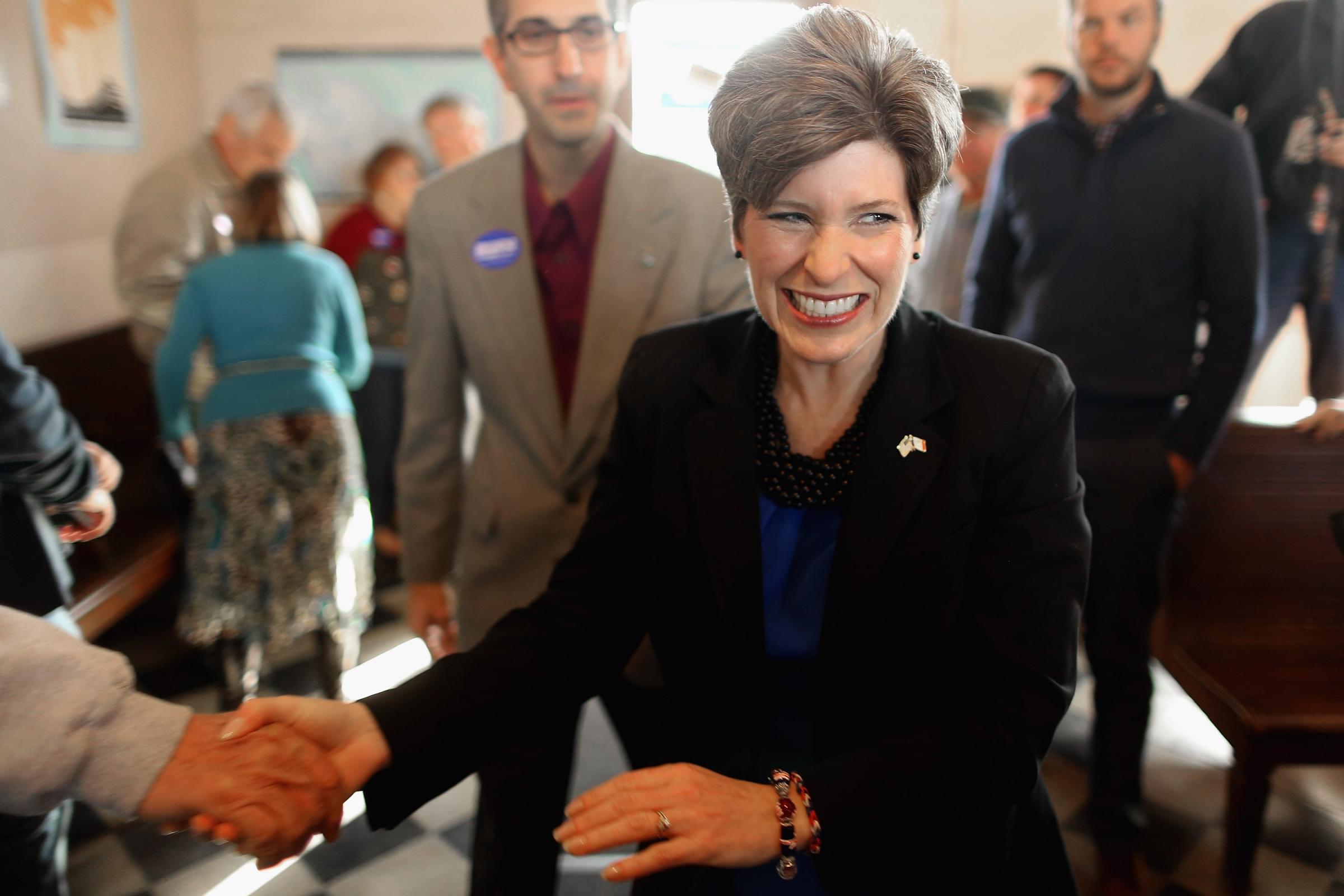


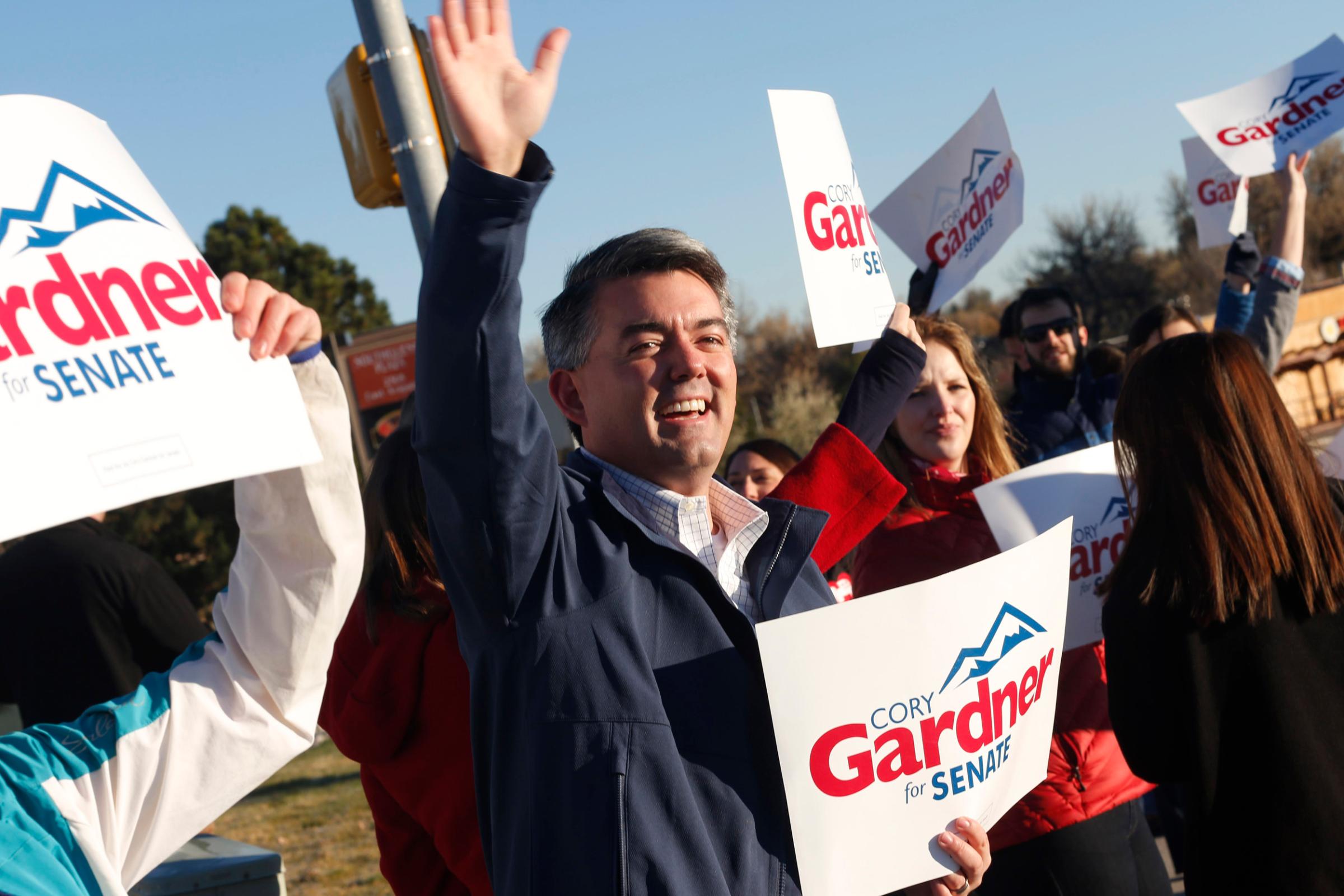
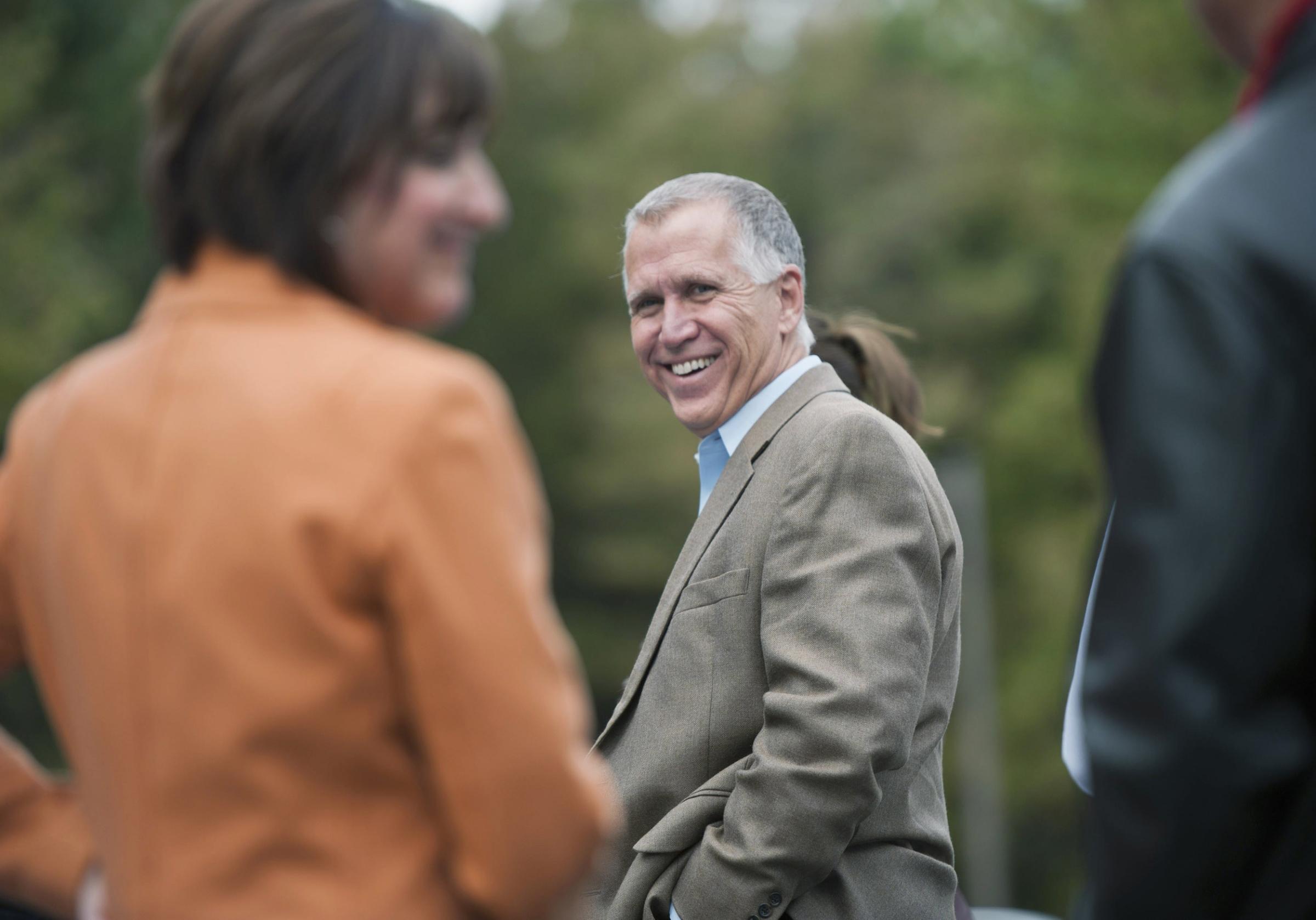
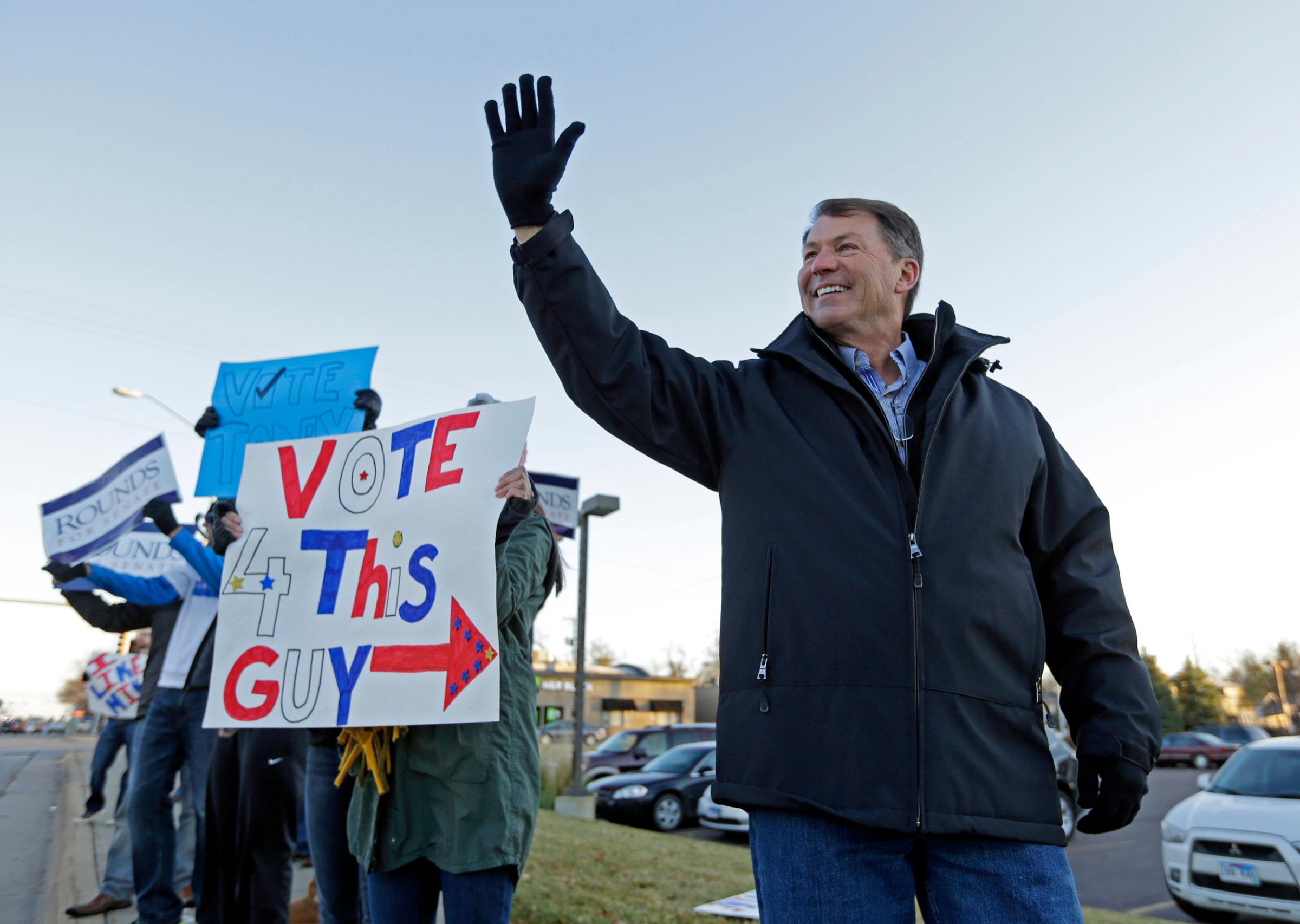
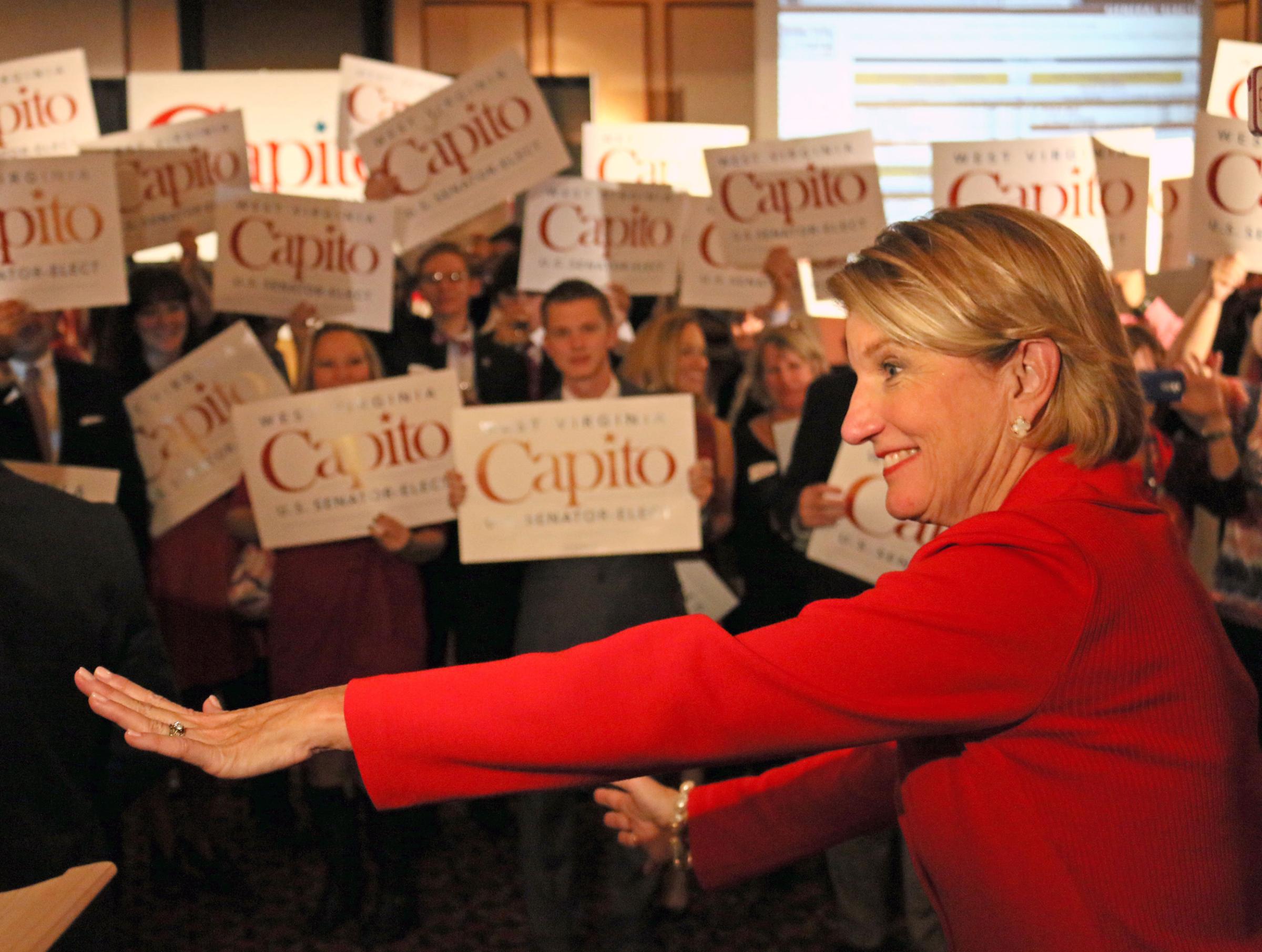

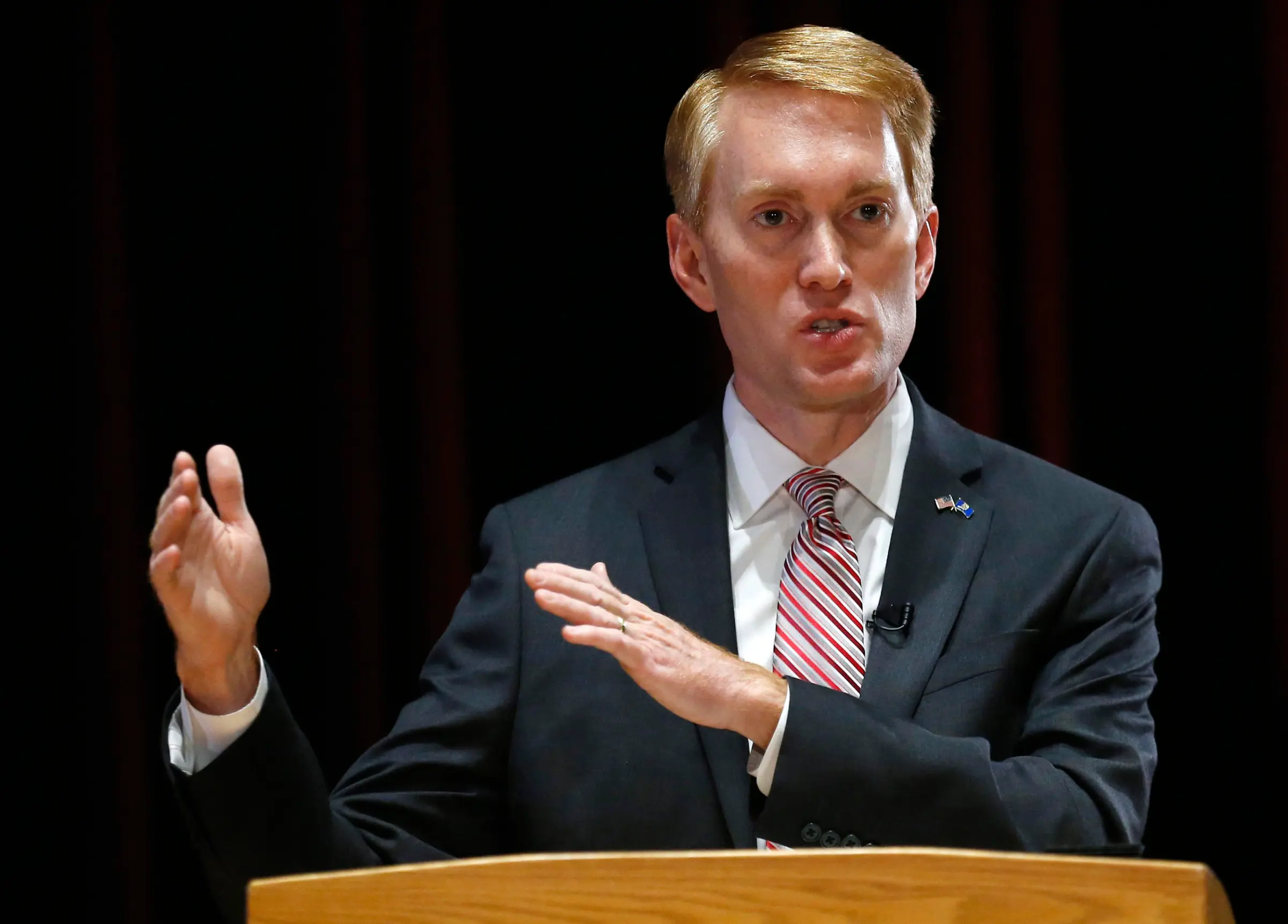

In all, dozens of research hits unearthed by America Rising would make their way into ads aired by candidates and allied groups. “One of our big takeaways from the last cycle was the Democrats did a better job of investing in tracking and opposition research,” says Miller. “This time we needed to invest in that in order to make our paid media more effective.”
Meanwhile, Republicans were expanding the political map by putting unexpected states into play. In March, prized recruit Cory Gardner coaxed potential challengers to let him run opposed against Democratic Sen. Mark Udall. In Virginia, former RNC chair Ed Gillespie launched a bid against Democratic Sen. Mark Warner. Former Massachusetts Sen. Scott Brown moved to the Granite State to challenge Sen. Jeanne Shaheen in early April. Gillespie and Brown lost, but ran strong campaign that forced Democrats to funnel precious time and money into defending territory.
The next big moment came in a June, when GOP bigwigs scrambled to save Mississippi Sen. Thad Cochran in a runoff against Tea Party challenger Chris McDaniel. Back in Washington, strategists saw McDaniel as a ticking time bomb. The GOP was so determined to be gaffe-proof in 2014 that it dispatched staffers to harass Senate hopefuls at a Washington airport in hopes of steeling them against surprise encounters with hostile trackers. McDaniel was the kind of firebrand they feared.
The establishment, led by former Mississippi Gov. Haley Barbour and his allies, pulled out every trick in the bag to snuff out the threat. In a tight runoff, they expanded the electorate by courting black voters. The Chamber enlisted Mississippi icon Brett Favre to cut a memorable ad for Cochran. They later repeated the tactic in North Carolina, where Nascar driver Richard Petty appeared in an ad for Tillis, and in Georgia, where hometown Heisman Trophy winner Herschel Walker made a Senate endorsement.
“If we had come up short in Mississippi, it would have had a domino effect” all summer, Reed says. “Beating McDaniel was a key turning point. It allowed us to turn the page on the primaries and focus on the general.”
As the Chamber led the way in the primaries and America Rising handled the research, the vaunted Koch network was laying the groundwork for November. The Kochs were the biggest spenders on the right on the 2014 election, with a hand in everything from the party’s ground game to its attack ads to its tech tools.
Americans for Prosperity (AFP), a Koch-based network of state-based activists, shelled out more than $125 million to boost Republicans. About half that sum was plowed into a robust ground game powered by some 550 field staff. AFP ran its first ads the week of Labor Day 2013, with a million-dollar buy against Kay Hagan in North Carolina. The campaign slowly chipped away at the incumbent’s s approval rating, which hovered around 55% as 2014 dawned. “The earliest and biggest strategic decision we made was to go early,” says AFP president Tim Phillips. As November drew near, other members of the Koch network switched up tactics. The super PAC Freedom Partners Action Fund began running “express advocacy” ads, spending some $25 million to boost candidates that helped Republicans reclaimed the Senate. The move forced the group to disclose donors, which it had long resisted. “That was a big decision for the Koch network,” says Phillips.
All these changes—better candidates, better research, smarter spending—coalesced on Tuesday, when Republicans picked up at least 7 Senate seats to seize control of the upper chamber for the first time since 2006.
With reporting by Zeke J. Miller
More Must-Reads from TIME
- Donald Trump Is TIME's 2024 Person of the Year
- Why We Chose Trump as Person of the Year
- Is Intermittent Fasting Good or Bad for You?
- The 100 Must-Read Books of 2024
- The 20 Best Christmas TV Episodes
- Column: If Optimism Feels Ridiculous Now, Try Hope
- The Future of Climate Action Is Trade Policy
- Merle Bombardieri Is Helping People Make the Baby Decision
Write to Alex Altman at alex_altman@timemagazine.com